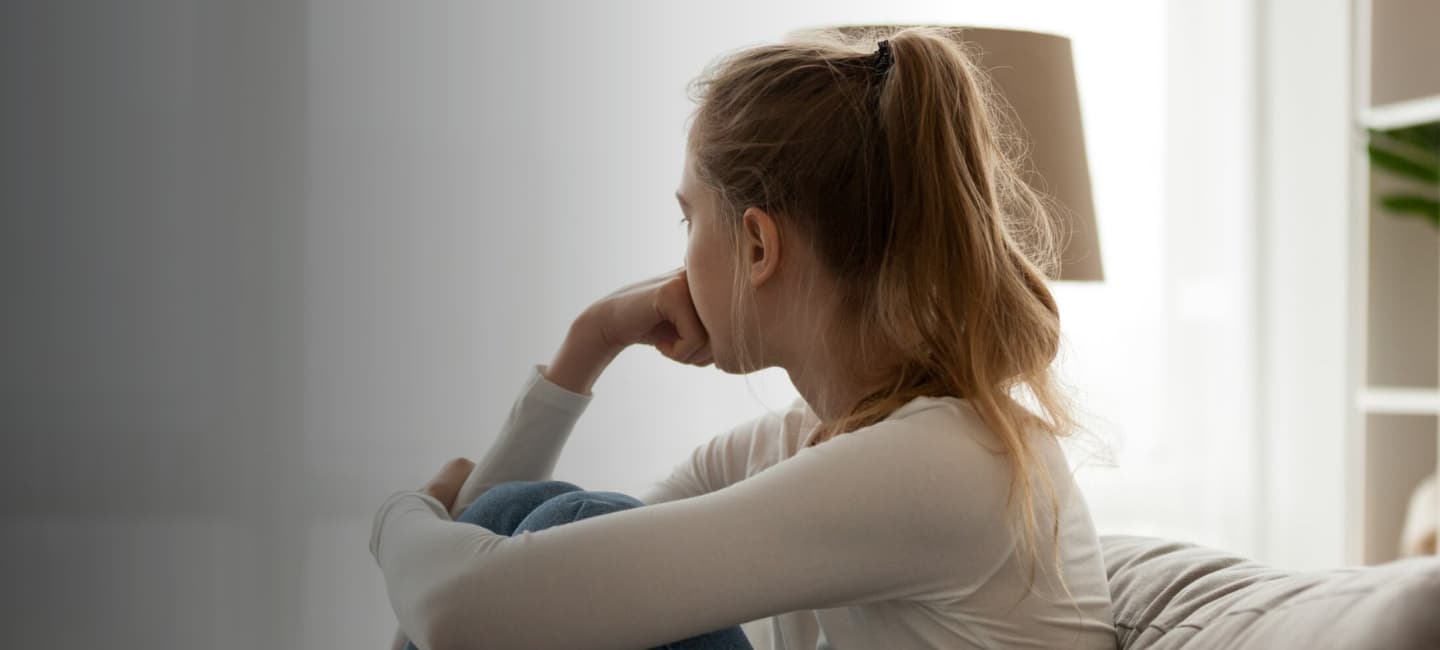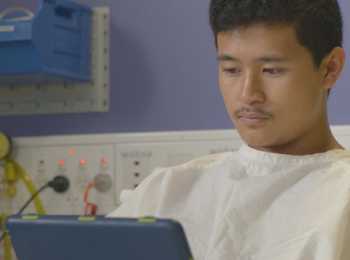If you’ve moved into adulthood, you might have already taken on more responsibility and control of your life through significant changes such as moving out of the family home and starting study or work. This growing independence may have shifted your relationship with your parents or carers.
You might feel like you were pretty much capable of looking after yourself and enjoyed that freedom. A cancer diagnosis can change everything.
If your relationship with your parents or carers was complicated before, cancer can change the dynamics of the relationship all over again.
You will most likely need (and want) the support of your parents or family members. Although appreciating the help, it might not be easy to have parents and other family members involved so much in your daily life again.
On top of this, cancer treatment can be expensive and you might need family members to help out with the financial costs. It can be hard to lose financial independence, particularly when your friends and siblings can still buy their own things.
It’s likely your family is very worried and wants to make things easier for you. It is okay to have a mix of different feelings about this. Sometimes chatting with a health professional, like a social worker from your treatment team or a Canteen counsellor, can be a way to see the situation clearly, and to learn ways to navigate these new relationship dynamics.
I had just turned 18 and was trying to find my independence while living at home. When I was diagnosed, all that independence and control I had over my life disappeared. This was really difficult to deal with at the beginning as I had to rely on my parents. They were always there for me and were the support I really needed at the time. Fiona, 22
Adjusting to life for me was difficult. I was diagnosed in my 20s when I could have been moving out of the home. Amy, 25
Over 18? Taking the reins
If you’re older, you play a large part in making your own medical decisions. However, sometimes your parents may feel like they have more experience in making big decisions or think that they know what’s best for you. They might want to step in on your behalf and this could cause some conflict.
It is important for you to maintain some independence and be included in the decision-making process, especially if you have different opinions about your treatment.
Accessing clear and accurate information and understanding what is happening to you can help you to feel more confident to make choices and regain some control over your life and body.
Helping parents to let go
Telling people what you want and don’t want can feel like it’s a big use of energy, but it can really help. You may want to let your parents know how they can help you – and when you just want to be left alone. Try to tell them clearly and calmly what you’d like from them. Suggesting practical things can help parents feel like they are doing something to contribute.
Some young people with cancer don’t want to tell their parents or carers how scared, depressed or stressed they are because they are worried about upsetting them. It’s important to remember keeping your emotions hidden probably only makes you feel more stressed and alone.
For tips on how to start the conversation, have a chat with a Canteen counsellor.


















